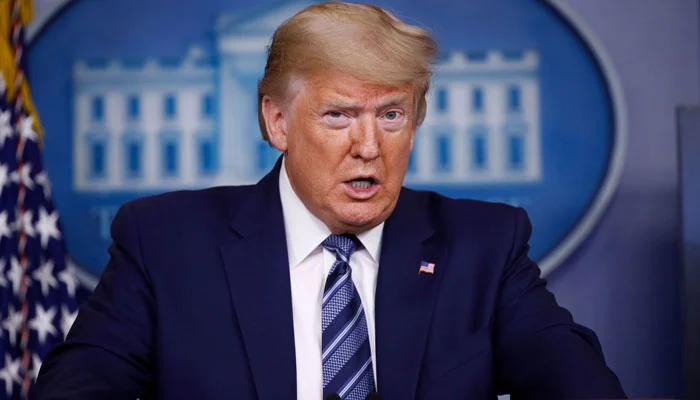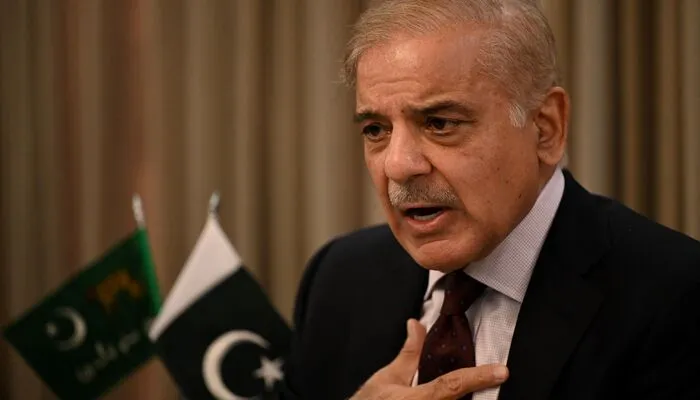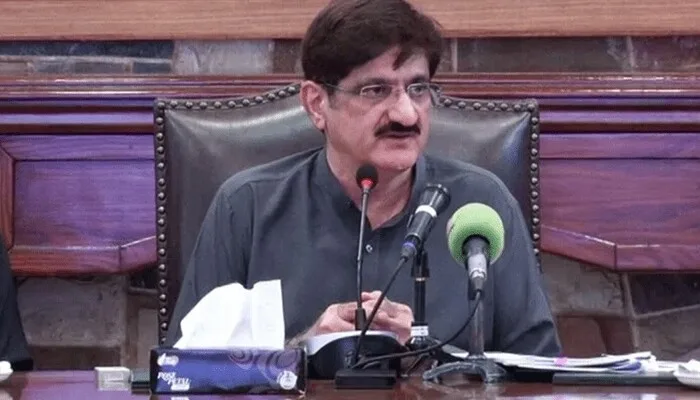Why is Sir Muhammad Iqbal Still Relevant Today?

In the bustling streets of modern-day Pakistan, amid the hum of technology and the rush of daily life, there’s a name that echoes through history: Sir Muhammad Iqbal. More than just a poet or philosopher, Iqbal’s ideas have shaped nations and continue to resonate with millions around the world. But what makes him so relevant today? Why, decades after his death, does Iqbal still stand tall as a beacon of inspiration?
A Visionary Beyond His Time
Born in 1877 in Sialkot, British India (now Pakistan), Iqbal was not only a brilliant philosopher but also a visionary who foresaw the potential for Muslims to rise against the injustices of colonialism. What sets Iqbal apart from other thinkers of his time is his ability to blend his poetry with a deep political insight. He wasn’t merely writing about the struggles of his people; he was actively shaping the future. His poetry ignited the hearts of millions, especially through his famous works like Bang-e-Dara and Asrar-e-Khudi. His call for self-empowerment, unity, and the creation of a separate Muslim state laid the foundation for Pakistan’s birth.
But Iqbal’s relevance doesn’t just lie in the birth of a nation; it’s in his timeless message of self-discovery, spirituality, and resilience. His work transcended the boundaries of his time and place, offering profound lessons for individuals and societies everywhere.
Lahore to Celebrate Iqbal Day with Poetry, Kalam, and Culture
His Vision of Empowerment
One of Iqbal’s core messages was the importance of self-empowerment. His famous concept of Khudi (selfhood) emphasized the potential within each individual to rise above adversity and shape their own destiny. In today’s world, where people face numerous challenges—from personal struggles to societal pressure—Iqbal’s philosophy continues to provide a sense of hope and strength. His words inspire countless young people to look within themselves, find their inner strength, and fight for their dreams. His vision encourages individuals to never let their circumstances define them.
A Call for Unity in Diversity
Iqbal’s vision was not limited to just political independence. His ideas focused on the unity of the Muslim Ummah (community), regardless of cultural or geographical differences. In today’s increasingly fragmented world, where divisions often overshadow shared values, Iqbal’s call for unity still holds great significance. His message that unity among Muslims can lead to collective progress is more pertinent than ever. As the world grows more globalized and interconnected, Iqbal’s words remind us of the strength that comes from solidarity and mutual understanding.
Relevance to Pakistan’s Struggles
Even though Iqbal passed away in 1938, his ideas continue to resonate deeply in Pakistan, especially in times of political and social instability. His belief in a nation built on justice, education, and moral values is still a powerful rallying cry for the country’s leaders and citizens alike. In moments of crisis, when Pakistan grapples with political upheaval or economic struggles, it is Iqbal’s voice that often surfaces in the discourse, urging people to return to the ideals of self-reliance, intellectual growth, and ethical governance.
His contributions to the philosophical, political, and cultural landscape of Pakistan are undeniable, and even as new generations emerge, Iqbal’s legacy remains a guiding light.
A Global Influence
Iqbal’s relevance isn’t confined to Pakistan. His poetry and philosophy have left a lasting imprint on the wider Muslim world and beyond. His ideas on spirituality, modernity, and the role of Islam in the contemporary world are studied in universities around the globe. In countries like Iran, Turkey, and even in the Western world, Iqbal’s thoughts on revitalizing the Muslim community continue to be a subject of deep interest. His blend of Eastern and Western philosophies allows his work to resonate with both traditionalists and modern thinkers.
An Enduring Legacy
Sir Muhammad Iqbal’s relevance today is not just a product of his historical importance or the creation of Pakistan. It is a testament to the enduring power of his ideas. In a world that often feels divided, uncertain, and in search of meaning, Iqbal’s call for self-empowerment, unity, and intellectual freedom remains as powerful as ever. His life and works continue to inspire individuals to dream bigger, reach higher, and believe in the power of the human spirit. In a world that is constantly changing, Iqbal’s message remains timeless, urging us all to awaken our potential and forge a path towards a brighter future.
Follow Day News on Google News, Instagram, YouTube, Facebook, Whats App, and TikTok for latest updates















